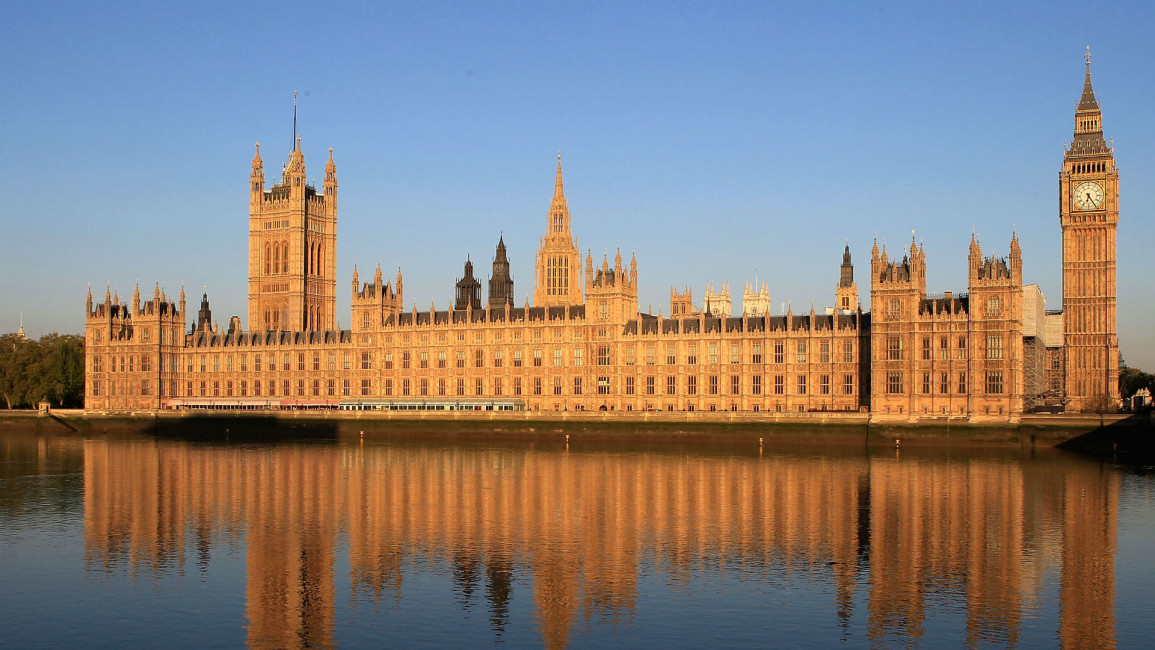UK lawmaker slams intelligence gathering on Muslim children
Lucy Allan MP argued in parliament on Friday that many people in the UK view counter-terrorism measures as a threat and an over-reach of the authorities' power.
"There are many who are adamantly opposed to Prevent and for good reason," said Allan.
"Where the issue becomes more delicate is the issue of suppression of political or religious views that the government perceives to be too conservative or too extreme."
Allan was speaking in favour of her private bill, which amends the Counter-Terrorism and Security Act to remove primary schools and nurseries from the strategy.
There are currently around 600,000 public sector workers who are required to report any incidences of extremist behaviour to a higher authority in order to help identify potential terrorists.
Around 4,000 individuals were referred under the programme in 2015 and there have been many reported cases of discrimination that have arisen as a result.
Numerous human rights organisations have repeatedly raised concerns that a lack of adequate training and ingrained racist tropes have led to large numbers of unnecessary referrals which have caused divisions in the community.
The science behind the identification of radicalisation has been criticised in the past by a group of UK psychiatrists, due to its small sample size.
The strategy is not popular among many British Muslims. The Muslim Council of Britain (MCB) has said that Prevent is not fit for purpose in the past and has lobbied for a more effective grassroots organisation.
The National Union of Teachers has also spoken out against the policy.
"Evidence shows that grooming by extremist groups happens mainly on social media sites, not on school premises," the unions said.
"Schools' best contribution to countering any behaviour that could be a problem is by encouraging discussion. Some aspects of Prevent inhibit this and it is for this reason that we need a review of the strategy to find the right - and best way - to protect children and young people."



